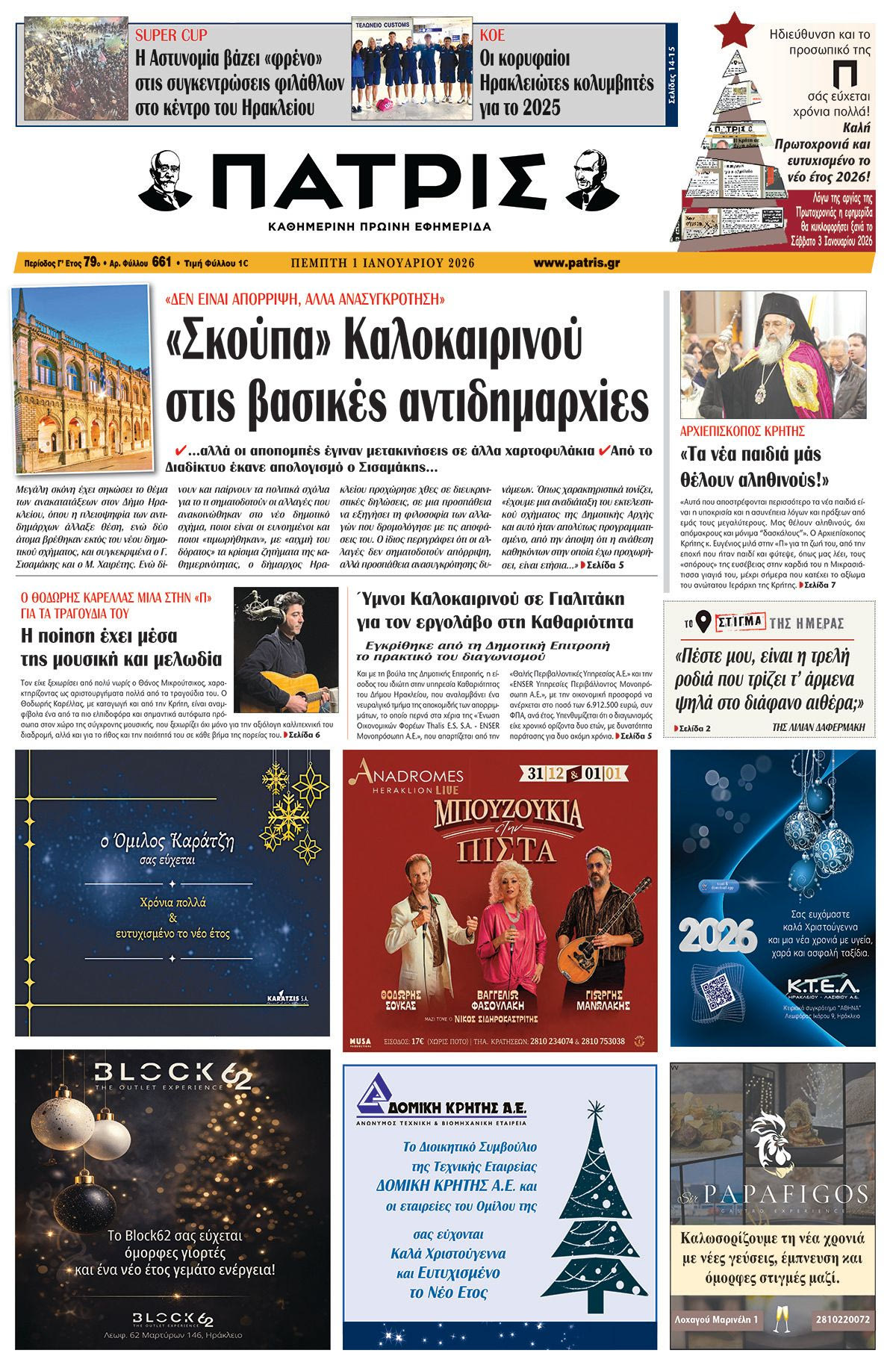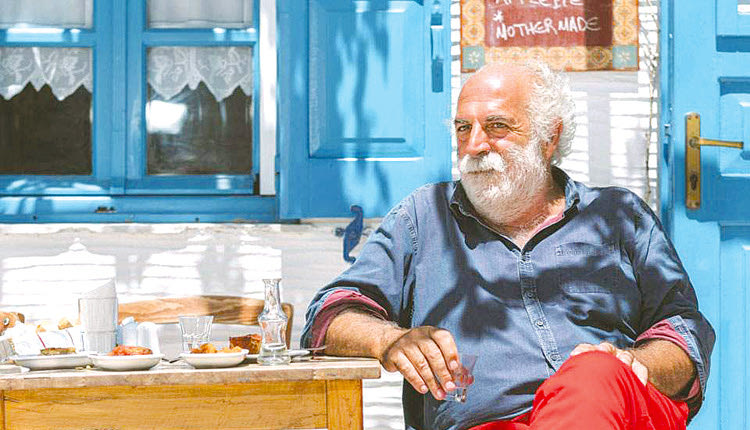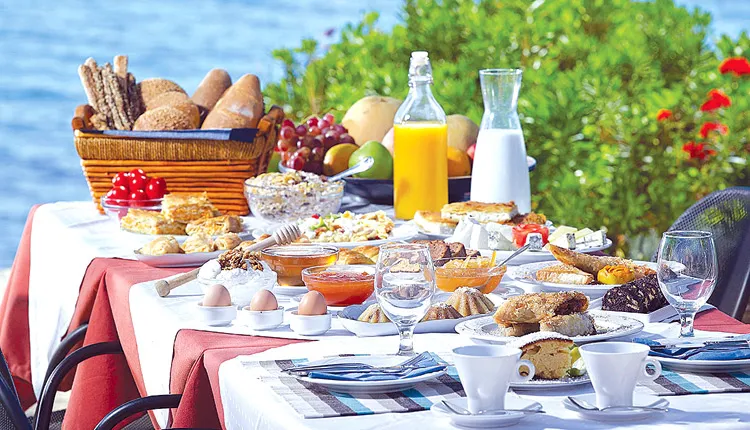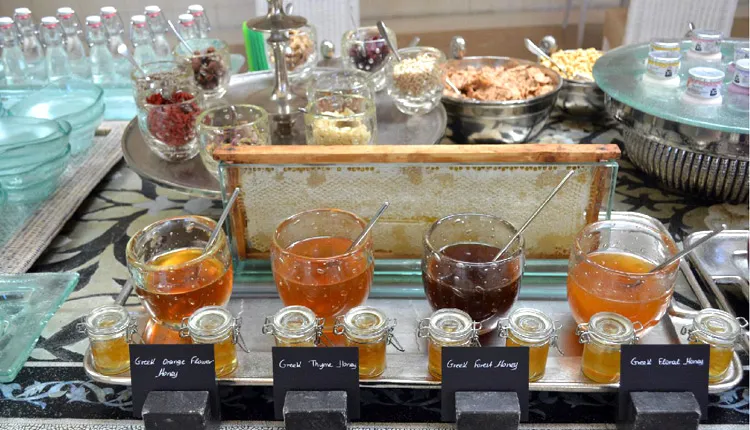“Who said tourists want croissants for breakfast? Offer them loukoumades with Cretan honey and Sfakian pies, and then ask them if they prefer frozen croissants,” says Giorgos Pittas, the man behind the Greek Breakfast concept now featured in 10% of hotels across Greece, including 129 establishments in Crete. He speaks with “P” about the added value of gastronomy.
Pittas, a member of the Board of Directors of the Hellenic Chamber of Hotels, has spent years traveling across Greece, becoming one of the few to truly understand the local products now featured in the breakfast buffets of 1,074 hotels.
He notes, “A guest comes to Crete, and when someone travels, they seek out the experience of new flavors. It’s absurd to serve them croissants for breakfast, especially frozen ones, when you have such wealth in your region. You have wonderful pies, olives, cheeses, honey. What could be better than offering them all these delights, like loukoumades, Sfakian pies, and barley rusks with olive oil?”
He emphasizes that the richer the breakfast is with local products, the greater the satisfaction of the foreign visitor, who will then share their experience and become a promoter of both the region and the country.
Pittas underscores that “the Greek Breakfast succeeded because it had a plan and persistence, and it was embraced by everyone (chefs, cooks, hoteliers) and by Greek society. He reminded us that eight years ago, this concept did not even exist in Greece, and today, Greek breakfast is served from the Acropolis Museum to cafes.
Giorgos Pittas passionately believes in the potential of traditional products, stating they not only represent our identity but also serve as an excellent ticket to capture markets.
“Gastronomy is an added value for the country and represents an entire production system. Gastronomy is an experience; it’s visiting the still where the raki is made, visiting the sheepfold, experiencing the traditional gatherings and festivities. Our quality products have value and bring profits,” he explains, adding, “Everything is interconnected and cyclical. We must understand that collaborations show us the way and recognize that we shouldn’t just focus on ourselves. For each of us to thrive, the entire region must prosper.”





